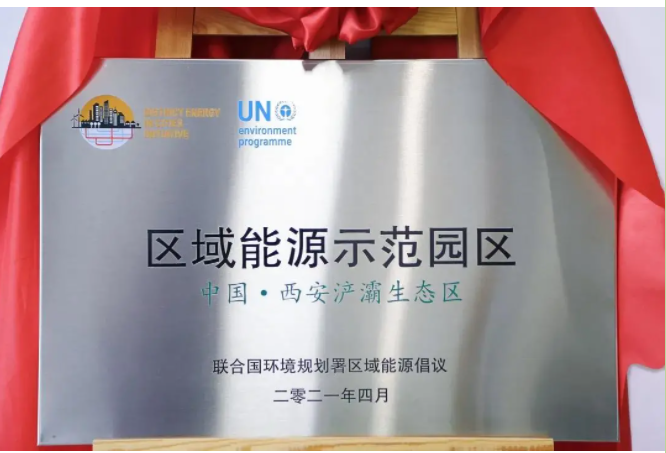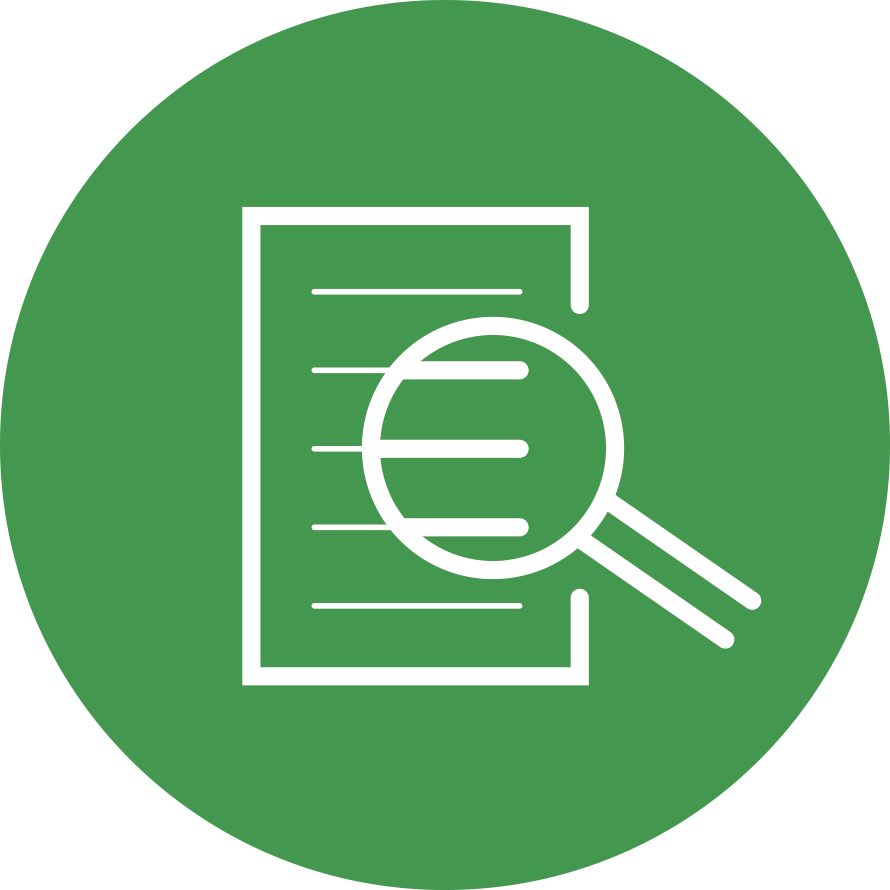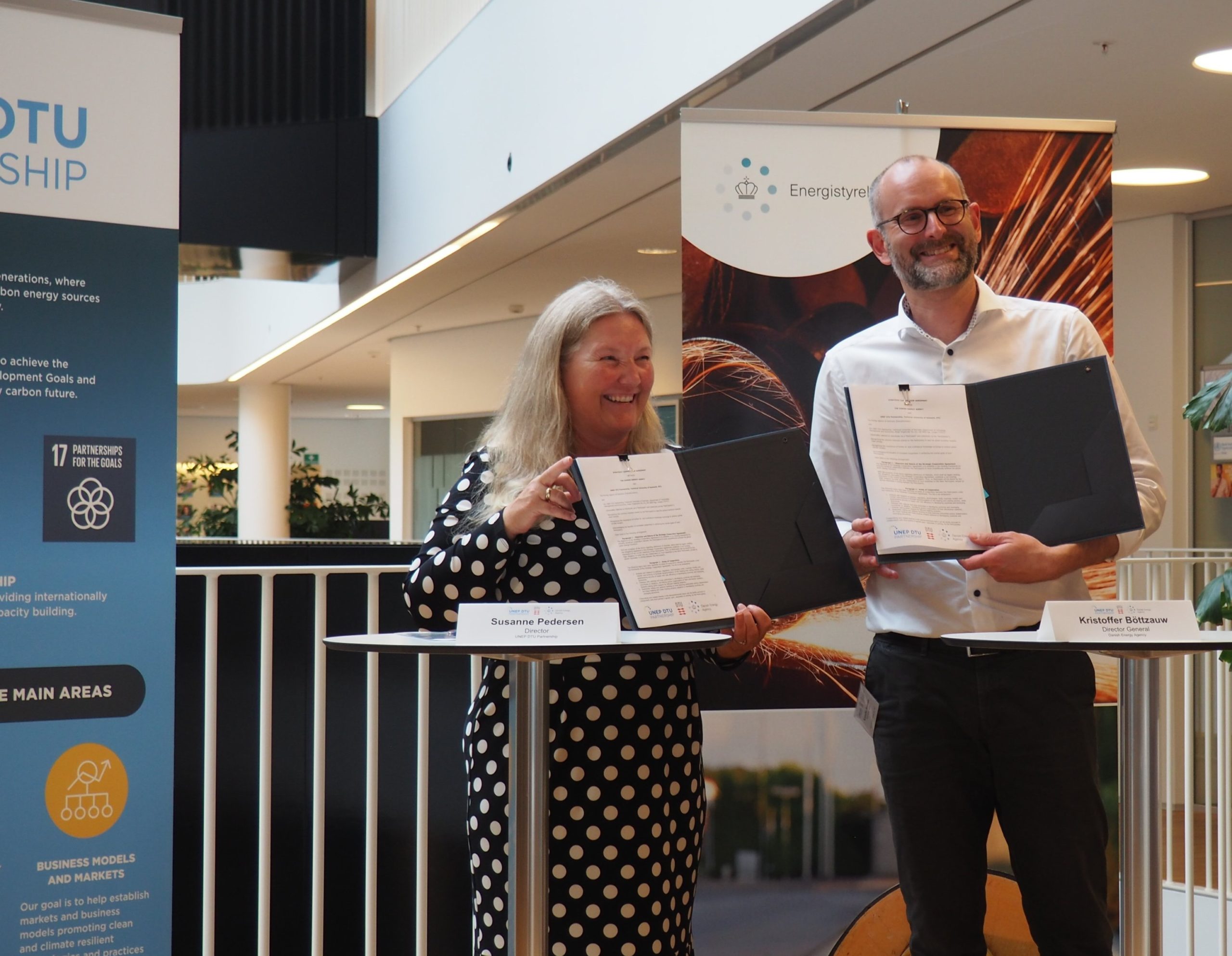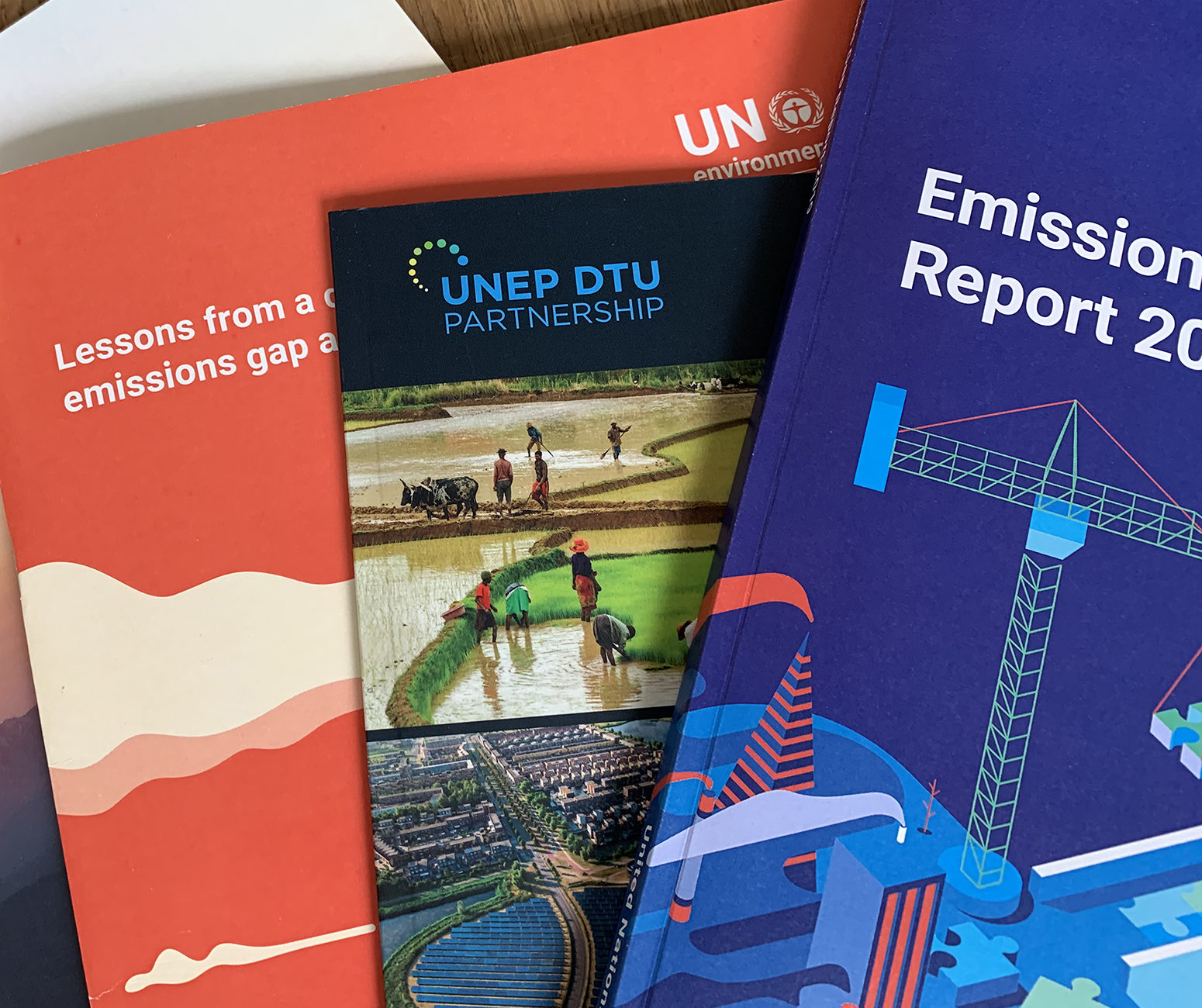2021 is coming to an end, and on behalf of all my colleagues, I would like to thank our partners around the world for all your efforts and collaboration in the last year.
Together we have worked hard throughout the year for a greener, more sustainable future, where countries prosper using low carbon energy sources in the most efficient way.
Taking over as Director in April 2021, I was proud to join such a relevant and unique partnership benefitting societies across the world. It is our goal for 2022 to continue our work of supporting emerging economies and developing countries in their efforts to progress towards a climate-resilient, low carbon future.
2021 was once again a year dominated by the COVID-19 virus. Having adapted and taken advantage of our digital presence and outreach, our online approach has reached a more diverse segment of our stakeholders while ensuring we can continue to deliver world-leading advisory services anywhere in the world.
2021 at a glance
With more than 50 projects in 100+ countries, our results in 2021 are hard, to sum up. However, there are a few, which I would like to highlight now that the year is coming to an end.
 In Chile, China, and India, investments in district energy systems are rolling out, based on business models, analysis, and feasibility studies developed and carried out from our offices in the UN City Copenhagen. This year, three of our projects were named as best-case examples of low-carbon district energy development.
In Chile, China, and India, investments in district energy systems are rolling out, based on business models, analysis, and feasibility studies developed and carried out from our offices in the UN City Copenhagen. This year, three of our projects were named as best-case examples of low-carbon district energy development.
In Kenya, an Energy Efficiency Implementation Plan has been launched, following up on last year’s approval of the Energy Efficiency and Conservation Strategy, which we have been heavily involved in.
Through the Initiative for Climate Action Transparency, or simply ICAT, we have developed several capacity-building modules and e-learning courses that are now being used in countries around the world to increase transparency and improve reporting on commitments to the Paris Agreement.
In Costa Rica we developed tailor-made methodologies for assessing development and transformational change impacts of climate change actions, working with the national climate monitoring system. The work in Costa Rica also included creating an e-learning platform for capacity building.
Enhancing and implementing NDCs is one of our main focus areas, as well as crucial if we are to meet the targets of the Paris Agreement. In 2021, we held targeted workshops in several countries, giving a thorough understanding of climate finance, aimed to boost the application of NDCs.
Partnerships for the goals
 Partnerships are not only a prerequisite for meeting the global climate goals, they are also an integral part of how we do business.
Partnerships are not only a prerequisite for meeting the global climate goals, they are also an integral part of how we do business.
In 2021, we continued to build on our engagement with the Danish Energy Agency. As such we helped to develop and implement district heating and cooling systems with renewable energy and waste heat and we assisted DEA on the Strategic Sector Collaboration on District energy.
We also worked closely with both the Danish Investment Fund for Developing Countries (IFU) on greening investments and calculating portfolio footprints as well as with Denmark’s Export Credit Agency (EKF) on developing its net-zero carbon strategy.
2021 also became the year where the Global ESCO Network became truly global, now comprising 85 % of the World’s ESCO associations.
Science-based advisory work
As a science-based advisory institution, we conduct in-depth analyses and use the most recent knowledge in all our work.
As in previous years, we once again coordinated the UNEP flagship reports – the Emissions Gap Report and the Adaptation Gap Report. Both reports were instrumental in informing policymakers and decisions at this year’s COP negotiations in Glasgow.
I also had the pleasure of participating at COP26. Along with a strong group of colleagues, we covered everything from transparency, sustainable energy, over the Article 6 negotiations to the findings of the Emissions Gap Report.
In 2021, we also contributed to the multi-agency United in Science report, with a chapter detailing the state of the emissions gap, as well as published another issue in our Perspectives series, this time on scaling up investment in climate technologies.
We would like to again thank our partners in all sectors and parts of the world for your hard work and commitment. We wish you a happy 2022
– Susanne Pedersen, Director
Want to know more?
Sign up for our newsletter here to receive the latest news and updates, or follow us on Twitter and LinkedIn.

